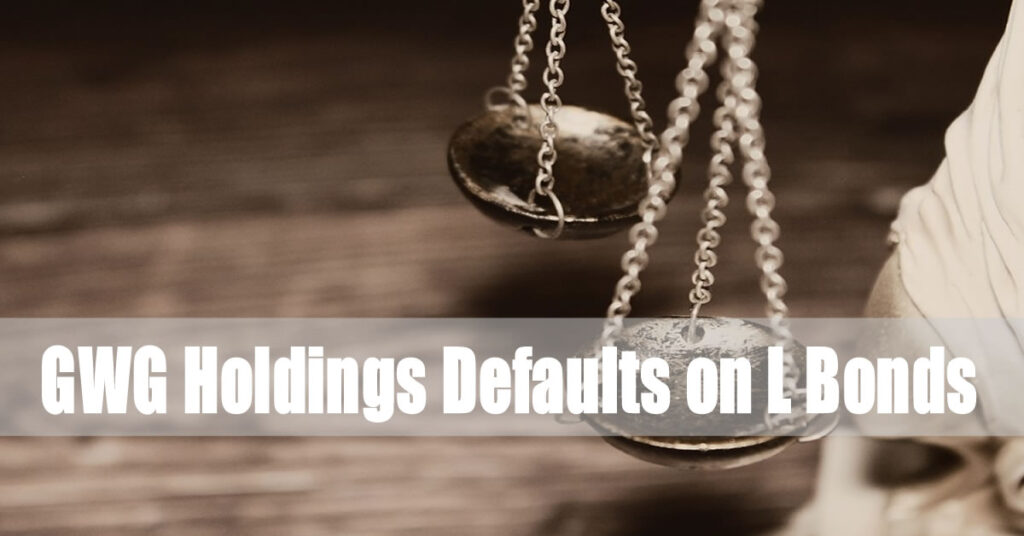As a financial analyst and writer, I’m closely following the concerning situation involving William Athas, an ex-broker with Worden Capital and K.C. Ward Financial. In January 2022, he faced a serious allegation: the Financial Industry Regulatory Authority (FINRA) accused him of excessively trading across several customer accounts.
Decoding Excessive Trading
I’ve seen firsthand the damage excessive trading can inflict. It’s when a broker advises too many trades that don’t benefit the customer’s investment goals but rack up commissions for themselves and their firm. This is more than frowned upon—it’s a form of fraud.
It’s essential to recognize that the practice known as “churning” by financial advisors is misleading and can result in a FINRA claim for compensation. This unethical behavior often results in significant financial losses for investors, meanwhile allowing the broker and their firm to profit financially.
Understanding How Excessive Trading Happens
 (AD) Lost money because of bad financial advice or outright fraud? You may get it back by filing a complaint. Haselkorn & Thibaut has 50+ years of experience and a 98% success rate. Don’t delay if you’ve suffered losses. (AD) Lost money because of bad financial advice or outright fraud? You may get it back by filing a complaint. Haselkorn & Thibaut has 50+ years of experience and a 98% success rate. Don’t delay if you’ve suffered losses. Call Haselkorn & Thibaut at 1-888-784-3315 for a free consultation, or visit InvestmentFraudLawyers.com to schedule. No Recovery, No Fee. |
The essence of excessive trading is simple: a stockbroker conducts more trades than necessary, pursuing commission profits instead of client wealth growth. This could even breach their fiduciary duty, which requires them to act in the best interest of their clients rather than chasing excessive fees.
If you’re considering a claim against a deceptive financial advisor or brokerage, success hinges on proving two things: the broker controlled the trading, not you, and the trading level was excessive, given your investment targets and risk tolerance.
Victims of excessive trading, beware—you may have grounds for arbitration against your brokerage firm. In such cases, arbitrators scrutinize several factors, including your investment experience, the degree of trust you placed in your broker, and your understanding of the investment strategy proposed to you.
The Troublesome Track Record of William Athas
Athas reportedly lured clients through cold calls, billing himself as a savvy advisor promising great returns. But the reality was harsh: his excessive trading racked up over $1.6 million in fees and commissions, leaving investors with stinging losses totaling approximately $1.1 million.
The Legal Perspective
Given the gravity of the FINRA complaint, top-tier securities law firm Haselkorn & Thibaut (InvestmentFraudLawyers.com) is digging deep into Athas’ history. They’re renowned for providing justice and recouping losses for investors through FINRA arbitration, spanning offices in multiple states.
They’re issuing a call to action for investors who’ve worked with Athas and have faced losses north of $250,000 to come forward. Your insights could be invaluable to their investigation, especially regarding the management of customer accounts. If you’re in this group or possess relevant knowledge, reach out to Haselkorn & Thibaut, P.A. at 1-800-856-3352.
As we examine the unfortunate situation with William Athas and the concept of excessive trading, let’s not forget the sage advice of Warren Buffet: “It’s not necessary to do extraordinary things to get extraordinary results.” This nugget of wisdom serves as a harsh reminder that the flamboyant trading tactics some advisors employ are often unnecessary and can be devastating for the unsuspecting investor.
As a financial analyst, I implore all investors to be vigilant and demand transparency in their dealings. If something seems amiss, take action—your financial security may depend on it. And remember, you can always check an advisor’s history and credentials through their FINRA BrokerCheck record. This level of due diligence is critical, considering that nearly 7% of financial advisors have been disciplined for misconduct, a financial fact that every investor should bear in mind.
In conclusion, being well-informed and proactive in your financial dealings is indispensable. Excessive trading is a serious allegation with real consequences, and it’s vital to work with advisors who prioritize your financial well-being. Should you ever find yourself facing a situation akin to the clients of William Athas, know that the law is on your side, and there are steps you can take to seek redress. My role is to dissect these complex scenarios for you, and I’ll continue to provide insights to help you navigate the tricky waters of financial management.





